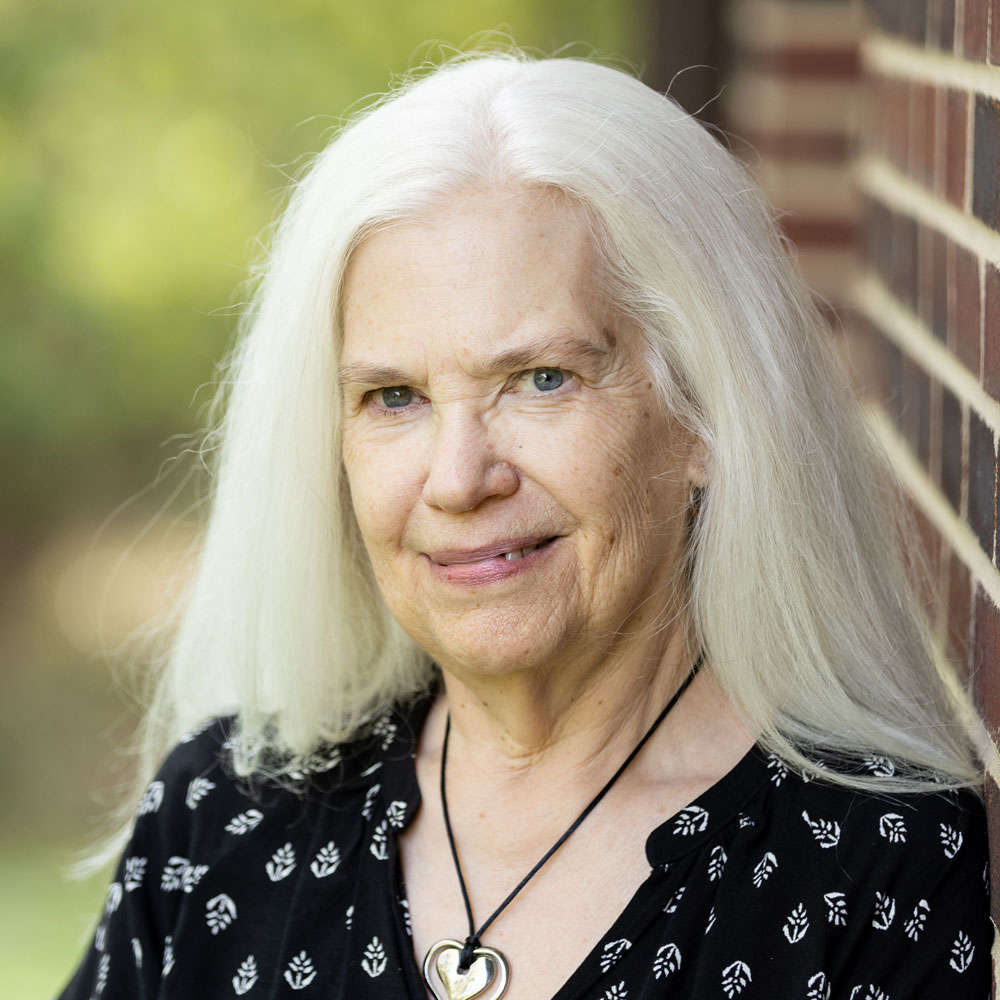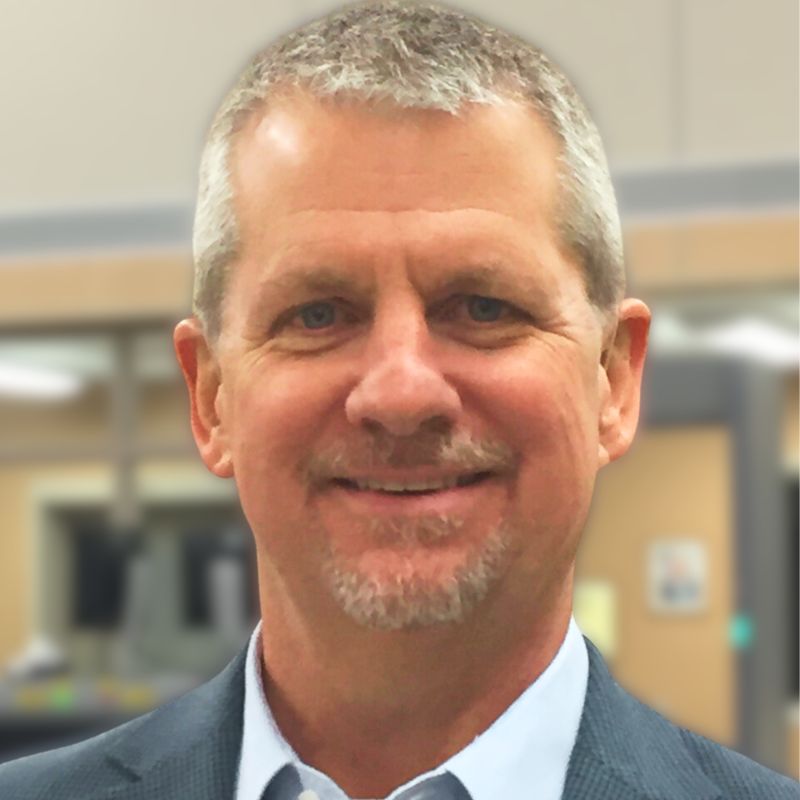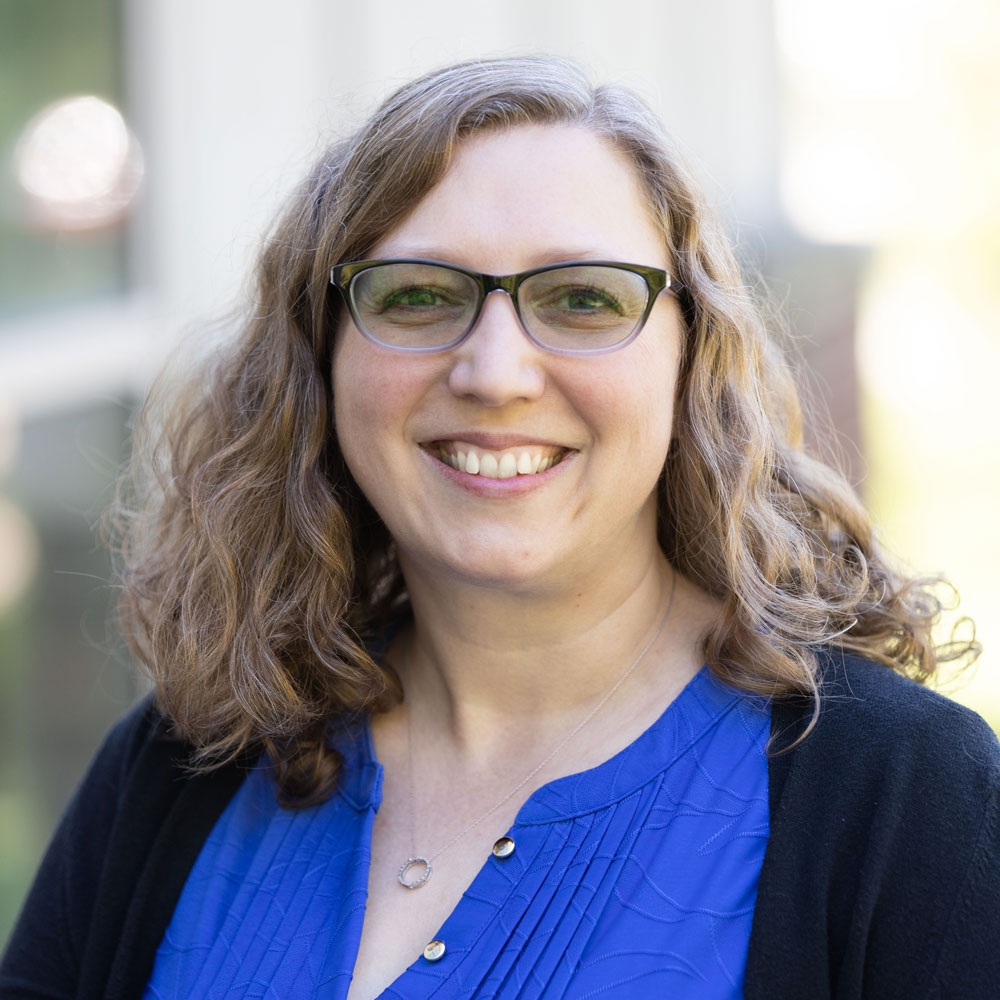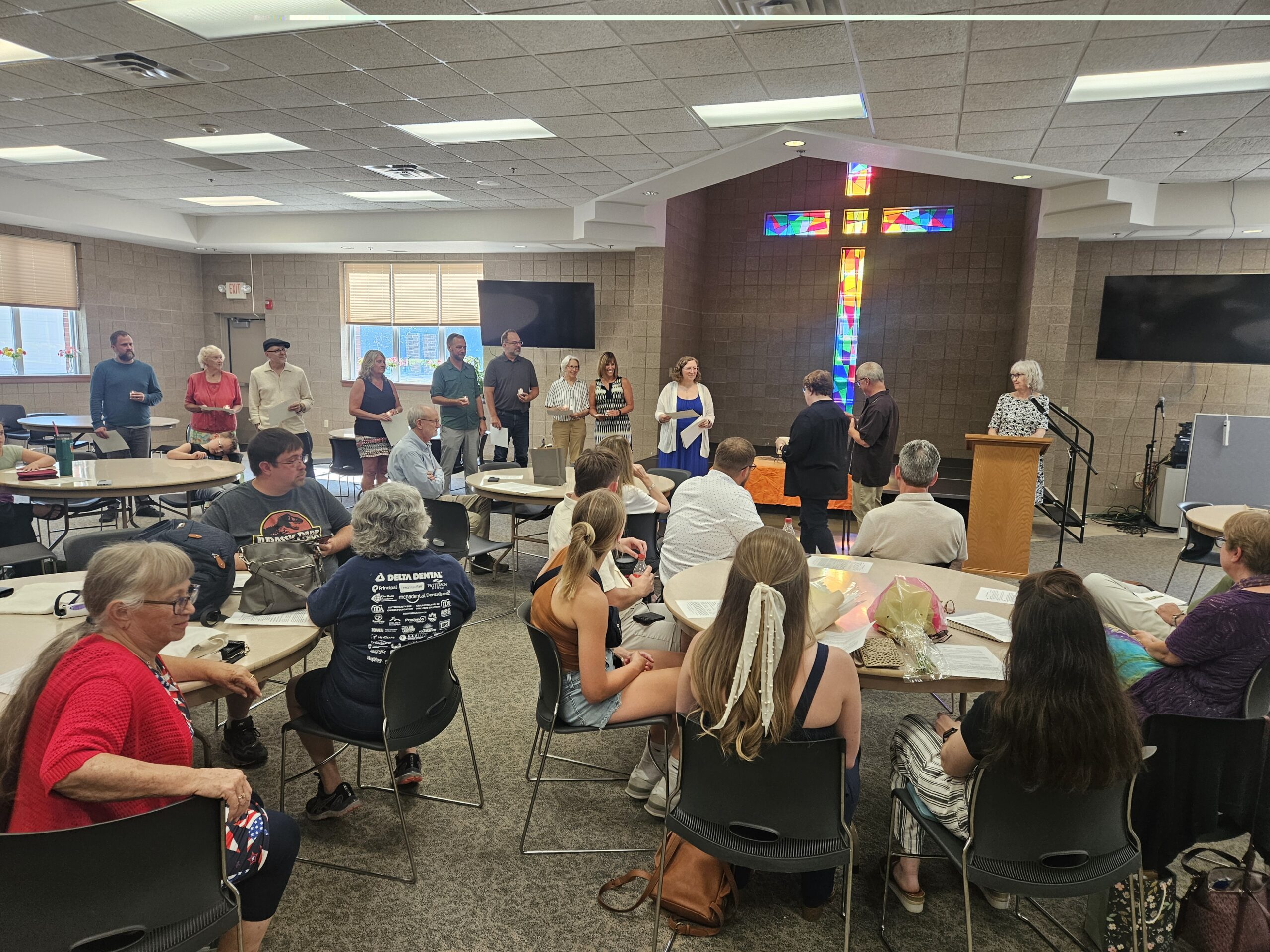What a Mess That Could Have Been
I had just started my practicum at Pine Grover Recovery Center in Hattiesburg, Mississippi. I was working as an intern in the Therapeutic Arts Therapy department. It was a team of fun, creative, and caring people and for Valentine’s Day we were raising money for charity by “delivering” singing valentines to the staff. We worked hard to playfully surprise and embarrass the staff with our bad singing, flowers, and confetti.
By Noon there was confetti all over the building. I thought about the mess we were making and that if one of us did not clean it up, the custodian would have to do extra work. I decided to vacuum the floors myself. I found the vacuum and began cleaning up, perhaps feeling a bit too much pride in being such a great “servant leader”.
That’s why my encounter with Sheila really ticked me off!
I had finished the hall and I was about to start on the community room when she shouted at me, “Turn that thing off and get out of here right now!”
My pride immediately turned to embarrassment. I was trying to help but I guessed that I had majorly screwed up. She was livid.
I put up the vacuum and walked back to my office. As I walked, my embarrassment slowly escalated into anger.
“That was so rude and disrespectful of her! I was just trying to help!” I thought.
I was hoping that someone from the Therapeutic Arts team would come into the office so that I could tell them how rude and disrespectful Sheila had been to me. Perhaps they would take my side and maybe even share some of their own frustrations with Sheila that might make me feel less alone. But no one came, and eventually, I began praying about my feelings.
As I prayed, I remembered something I had learned from my professor in class. It was about the healing power of direct, non-defensive, communication and the divisive and destructive nature of indirect communication. She taught us how to frame our concerns in assertive but respectful ways, to resist the natural human temptation to seek allies, and speak “to people” not “about people.”
Still, actually doing this was new for me. I was frightened to talk with Sheila. I had no clue how she would respond. What if she escalated the argument? That would be very uncomfortable? Still, I wanted to change my way of responding. So, I resolved to talk to her openly, non-defensively, and respectfully.
Calmly, but with a good bit of nervousness in my voice, I told her that I was angry that she had snapped at me, that I was trying to be helpful, and that I felt dismissed and disrespected. I also told her that I wanted us to both speak respectfully to each other in the future and I wanted us to have a supportive relationship.
To my surprise, Sheila, apologized for yelling at me and said that she understood my perspective. She also told me something I did not know. A few minutes before had I entered the community room and turned on the loud vacuum, a fight had broken out between two clients. Everyone on the floor was on edge.
I told her that I was sorry that I had added to the tension. She thanked me and I thanked her. From that day forward, Sheila and I were friends. I learned that she actually had a great sense of humor and we laughed a lot with each other over the next few months. I am glad I tried something new that day. Instead of making a mess, I made a friend.
I would like to say that since then I have never triangulated, came at, or overreacted to anyone. I am still learning to recognize rising anxiety in myself, and in others, and respond it in ways that are more healthy.
One of the most helpful things for me has been having a supportive group of people who are also genuinely seeking to grow in this same way. If you believe you might find this kind of group helpful, please let me know.
I initially envisioned this a clergy group. However, a friend suggested I open it up to anyone. So I am. If I have enough clergy we will have a group that is only clergy and another group for those who are not clergy. If we do not have enough for two groups or more we will have a mixed group. Neither group will be theological or doctrinal.
Groups will be no larger than 6 people and will meet in person. We will seek to find a day and time that woks for everyone. Cost is $30 per month. Interested? Email me at: [email protected]









